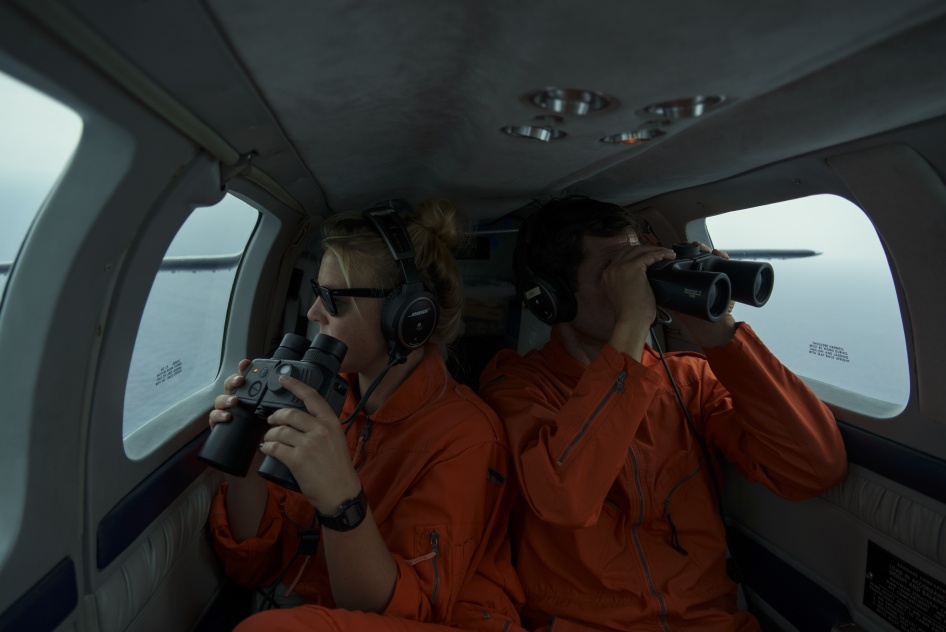Civilian rescue organizations working to save the lives of migrants and asylum seekers in the Mediterranean Sea are increasingly trapped in a dilemma: comply with arbitrary restrictions that often have fatal consequences, or risk detention and potential prosecution. Both alternatives impede groups from conducting lifesaving missions, jeopardizing lives at sea.
Adding to existing policies designed to obstruct ships operated by nongovernmental organizations, Italian authorities are now targeting small airplanes used by rescue organizations like Sea-Watch and Pilotes Volontaires. On May 21, Italian authorities fined Sea-Watch €2,064 (about US$2,240), the first fine imposed following a warning this month from the Italian Civil Aviation Authority (Ente Nazionale per l'Aviazione Civile, ENAC) that any use of air surveillance outside existing regulatory frameworks will incur penalties, including grounding the aircraft.
Rescue groups fly planes over the central Mediterranean to spot boats in distress and alert authorities and rescue boats in the vicinity in hopes of preventing drownings. This aerial surveillance also plays a crucial role in documenting human rights violations in the Mediterranean, including reckless interceptions by the Libyan Coast Guard and pushbacks to abuse in Libya, as well as activities by the European Union’s border agency Frontex.
Spotting operations have for now continued as usual, but the Italian government’s zeal in detaining rescue ships could signal comparable challenges for these planes in the near future.
Since the beginning of 2023, Italian authorities have regularly seized rescue ships with flimsy justification. Courts in Crotone, Ragusa, and Catania have ruled some of these seizures unlawful. But this state harassment has far-reaching financial and reputational consequences for rescue groups and limits their ability to operate.
Another common tactic to hinder rescue missions involves assigning distant ports for ships to dock between each rescue, forcing them on lengthy journeys that keep them away from the area in the Mediterranean where they are most needed. If a rescue ship responds to a distress call while on their way to a designated port, the organization can face fines of up to €50,000 (about $54,114) or seizure of their vessels.
In the last ten years, more than 23,000 people have died or gone missing in the central Mediterranean. Italian authorities must know that any reduction of already limited rescue resources will cost lives. And without air surveillance, there will be fewer watchful eyes. Instead of obstructing vital operations at every turn, Italy should recognize and support humanitarian efforts at sea.









